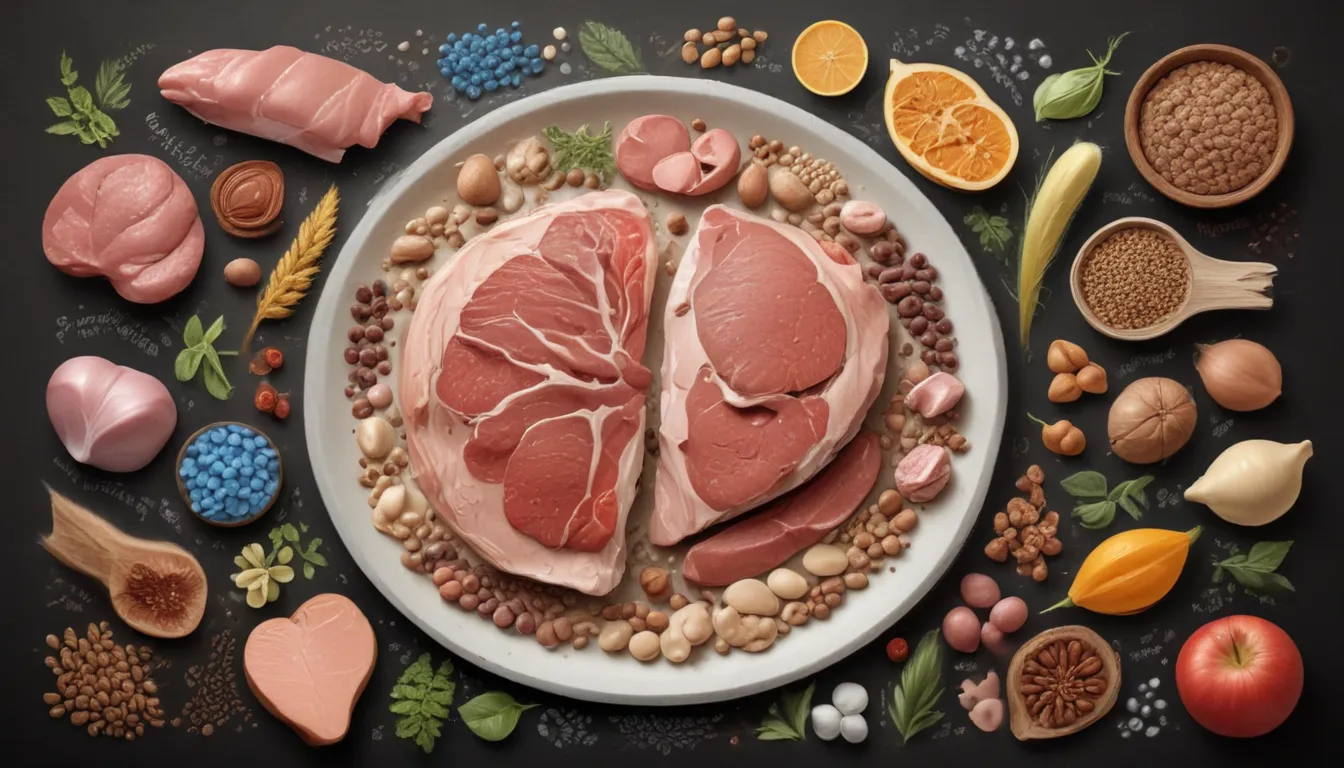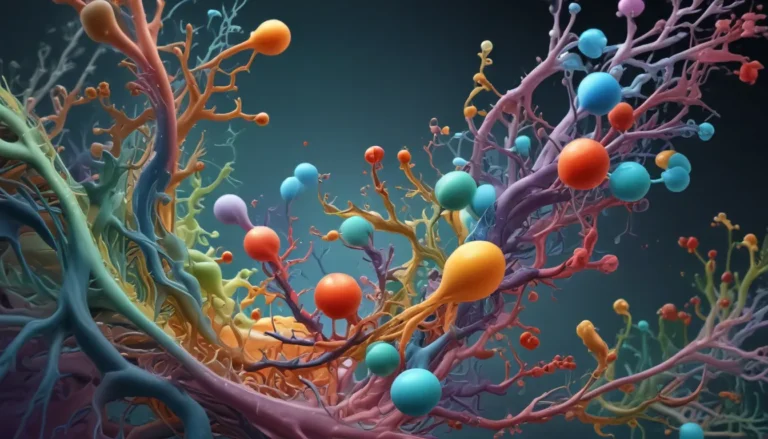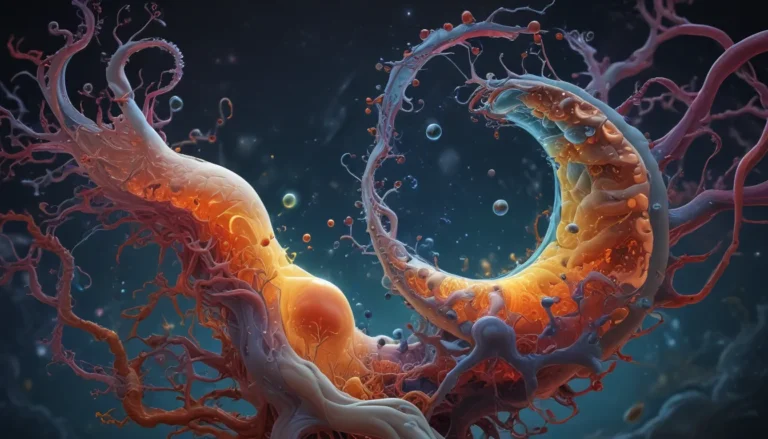A Note About Images: The images used in our articles are for illustration purposes only and may not exactly match the content. They are meant to engage readers, but the text should be relied upon for accurate information.
Protein metabolism is an essential biological process that influences various bodily functions, from muscle growth to immune system function. Understanding the intricacies of protein metabolism can provide valuable insights into optimizing our overall health and well-being. In this article, we will delve into the fascinating world of protein metabolism and explore 12 mind-blowing facts that highlight its significance. Whether you are a biology enthusiast or simply curious about how your body functions, these facts will undoubtedly enhance your understanding and appreciation of protein metabolism.
The Fundamentals of Protein Metabolism
Protein metabolism is a fundamental process that occurs in the human body. It involves breaking down proteins into amino acids and utilizing them for various functions, such as muscle growth and repair. Enzymes play a vital role in facilitating the chemical reactions involved in protein metabolism, ensuring that proteins are synthesized and degraded efficiently.
The Role of Protein Metabolism in Muscle Growth and Repair
Protein metabolism plays a crucial role in muscle growth and repair. When we engage in physical activities or exercise, protein metabolism helps to rebuild and strengthen muscle tissues, leading to muscle growth and repair. Adequate protein intake is essential for supporting these processes and optimizing muscle health.
The Intricate Steps of Protein Metabolism
The process of protein metabolism involves two key steps: protein synthesis and protein breakdown. Protein synthesis is the creation of new proteins, while protein breakdown involves the breakdown of existing proteins into amino acids. These processes are finely regulated by specific genes and cellular mechanisms to ensure proper functioning.
The Influence of Diet and Exercise on Protein Metabolism
Protein metabolism can be influenced by factors such as diet and exercise. Consuming sufficient amounts of high-quality protein sources and engaging in regular physical activity are essential for supporting optimal protein metabolism. Additionally, certain medical conditions, like kidney disease or liver dysfunction, can impact the body’s ability to metabolize proteins properly.
Protein Metabolism Across Living Organisms
Protein metabolism is not limited to humans. All living organisms, including animals and plants, have their own protein metabolism processes to support their growth, development, and survival. Genes play a crucial role in regulating protein metabolism, controlling the production of enzymes involved in these processes.
The Energy-Intensive Nature of Protein Metabolism
Protein metabolism is an energy-intensive process, requiring a significant amount of energy for the breakdown and synthesis of proteins. Approximately 20-30% of the body’s total energy expenditure is dedicated to protein metabolism. Adequate protein intake is therefore essential for supporting these energy-intensive processes.
FAQs: Exploring Protein Metabolism
-
What is protein metabolism?
Protein metabolism refers to the biochemical processes that break down proteins into amino acids and utilize them for various bodily functions. -
Why is protein metabolism important?
Protein metabolism is crucial for building and repairing tissues, producing enzymes and hormones, supporting immune function, and providing energy. -
How does exercise affect protein metabolism?
Exercise stimulates protein synthesis, helping to increase muscle mass and strength, while enhancing the efficiency of protein metabolism. -
What happens if you consume too much protein?
Consuming excessive protein can strain the kidneys and liver, potentially leading to weight gain. It is important to consume protein in moderation. -
Can certain medical conditions affect protein metabolism?
Yes, conditions like kidney or liver disease can impair protein metabolism, leading to decreased protein synthesis and other complications. -
Are there dietary recommendations for protein metabolism?
The recommended daily intake of protein varies depending on individual needs, but generally, it is advised to consume 0.8 grams of protein per kilogram of body weight.
In conclusion, protein metabolism is a fascinating and vital process that influences various aspects of human health and functioning. By understanding its intricacies and the factors that influence it, individuals can make informed decisions about their diet and lifestyle to support optimal protein metabolism and overall well-being. Whether you are an athlete looking to enhance muscle growth or simply interested in maintaining a healthy body, a deeper understanding of protein metabolism can help you achieve your goals and live a healthier life. So, embrace the wonders of protein metabolism and fuel your body with the knowledge it needs to thrive.






